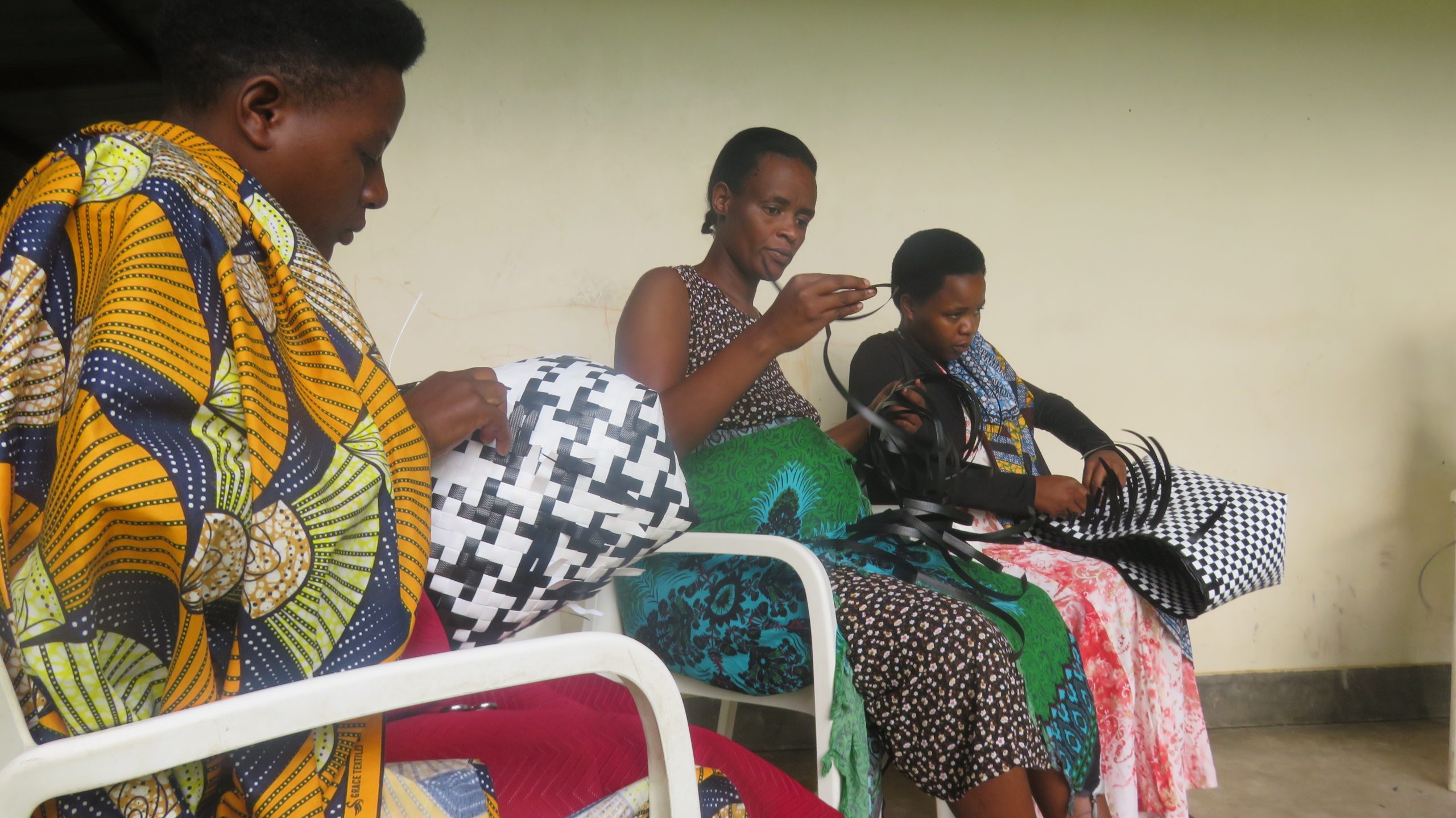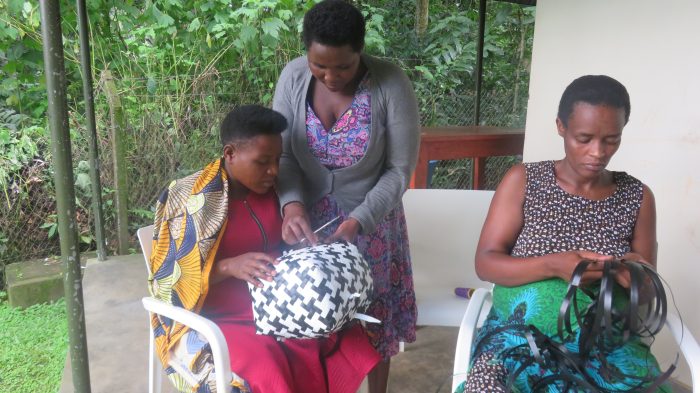
Maternity waiting homes are residential facilities located at the hospital/health center where women who live in hard to reach extremely remote areas can wait from before giving birth.
The number of Ugandan women dying in child birth has progressively reduced over the years. According to the Uganda Health and Demographic Survey 2016, maternal mortality reduced from 418 per 100,000 live births deaths in 2006 to 336/100,000.
Bwindi Community Hospital together with partners; Ambercrombie and Kent Philathropy, Sanctuary Retreats have made the dream of making access to maternal and child health services for the women in Bwindi and the Hospital catchment area come true. In 2009, the Mothers’ Waiting Hostel hostel was established. It is a place where women come and wait from until the pregnacy is term, as a way of addressing the second delay in accessing care.

In 2018, the hostel was expanded. The expansion added more beds and improved the facilities and amenities of the hostel. With the partners’ support, BCH has through the hostel helped many women to access skilled birth attendants and emergency obstetric care.
Important to note is that the wowen who go through the mothers waiting hostel are given vocational skills through the mothers skilling project initiative. Faith, the Mothers Waiting Instructor, notes that the project has helped to reduce redudancy among the women who are waiting to give birth.
Additionally, the skilling project promotes livelihood improvement through economic empowerment especially after gaining skills in tailoring, knitting, crafts and re-usabale pads making. Currently, over 500 women have benefited from this project with relevant skills in tailoring, knitting, and crafts making.
According to Dr. Daniel Kasudha, the Hospital Gynaecologist, the hostel acts as a temporary home for the mothers during the waiting period until they give birth. It has also greatly contributed to the improvement of the maternal and child health indicators in the region.
Ms. Esther Musimenta says it’s her second time of coming to the Hostel. After spending 4 days at the hospital, she is confident and optimistic because she has the nurses and midwives’ attention all the time. “There is routine check up. After every shift, a nurse comes to check on us. I am not worried about the costs because my family subscribed to eQuality insurance scheme.”
Ms. Musimenta noted that women who do not come to the hospital are at a great risk. “There are women who do not come to the hospital. Some go to other facilities that do not have the hostel. It’s bad not giving birth from the hospital.”
The hostel has a capacity of 40 beds with an average annual utilization of 80% and health facility deliveries risen from 35% to over 90%. In 2018, the hostel was recognised by the Social Innovation in Health Initiative as an affordable and sustainable innovation to improve facility deliveries.
The goal of the project is to enable a feasible and sustainable model for productive engagement of pregnant mothers admitted to the Mothers Waiting Home (MWH) that ensures effective and efficient operation of the hostel.
By Elizabeth Namara
